2011 Census: 27 March 2011
Helping history take shape
For thousands of genealogists and amateur family historians, the census is helping to re-trace family connections through the ages.
The personal information shared at every census is kept confidential for 100 years. After that, it’s there for the public to explore and find out more about the life and times of their ancestors.
Have you ever ‘lost’ a member of the family, only to rediscover the connection (and perhaps other relatives now living) as you retrace your steps through family history? How thrilling it is to find a long lost name turn up on an old census return. And to see how the famous and infamous completed their census returns long ago.
The 2011 Census is using its online channels to bring professional and family historians together: through the 2011 Census Family History Facebook group and a dedicated family history section on the census website.
Taking part on 27 March 2011 is your chance to help future generations discover their past. By completing your census questionnaire you leave your mark on history. And maybe that’s something your friends and colleagues hadn’t thought about. So we hope you’ll encourage them to do their bit too.
OK. So what do you need to do?
Simply complete your census questionnaire. Every household will get one. All you need to do is answer a few questions about yourself and the people who share your household with you on census day. Everything you tell the census is in strictest confidence and will only be used to produce statistics. ONS will not share your personal information with anyone else.
You can complete your questionnaire online – or by post. But you must do it and get your questionnaire in as soon as possible after census day. (Of course you can also do both of those! Fill in the form online to satisfy the legal requirement, and then also fill out the paper form, and securely store it with your other family history documents, to give descendants a glimpse into their history.)
Present day census population statistics are mainly used to identify and understand the variety of needs for public services. They help local authorities, healthcare organisations and other census users to plan services around the needs of local people.
So the census needs everyone to take part in helping tomorrow take shape – and by doing that we help to shape history too.
For more information, visit www.census.gov.uk
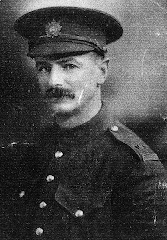
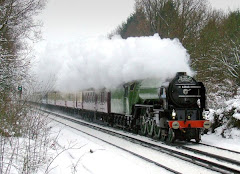








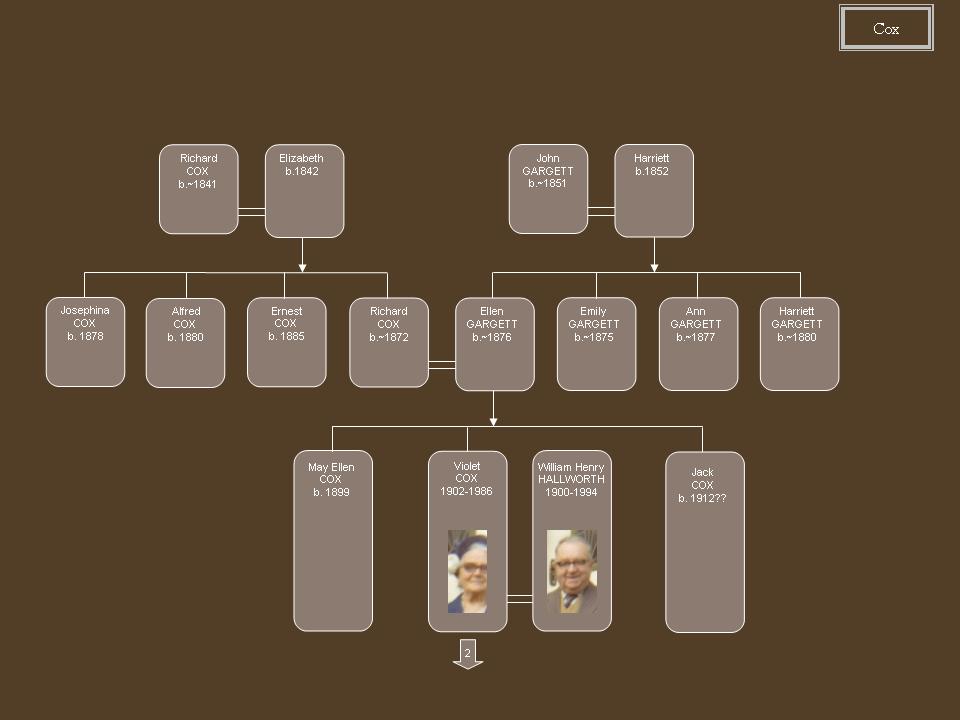
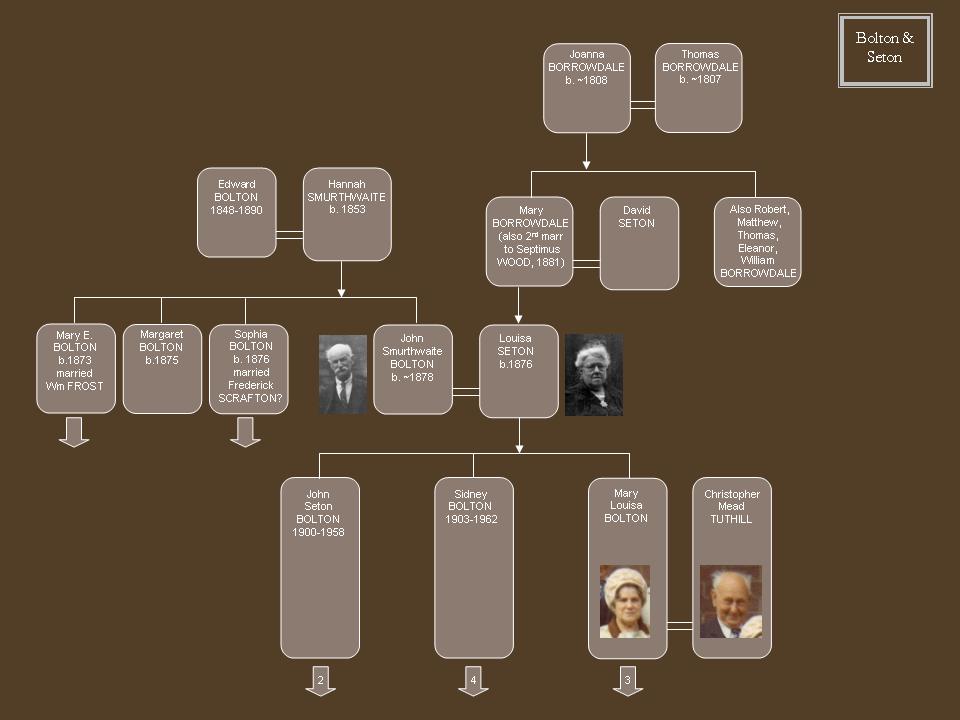
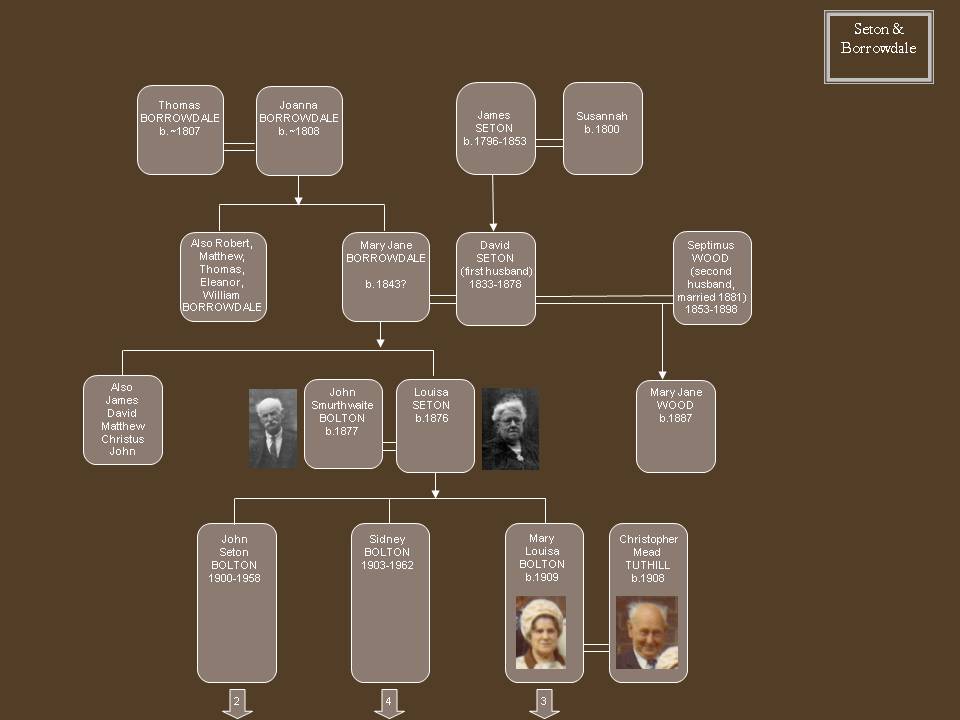
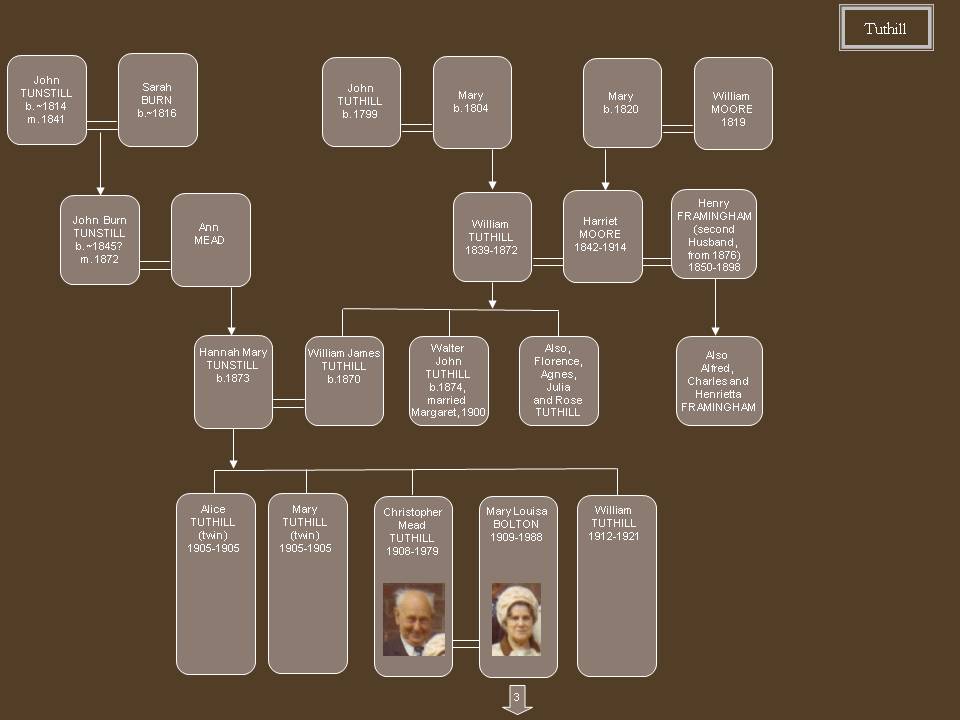
No comments:
Post a Comment
Have your say - but it may take a while before it appears. Sorry - I need to do this, because I took out the security steps to make it all easier and allow anonymity...but now I need to moderate!! Cheers, Lisa